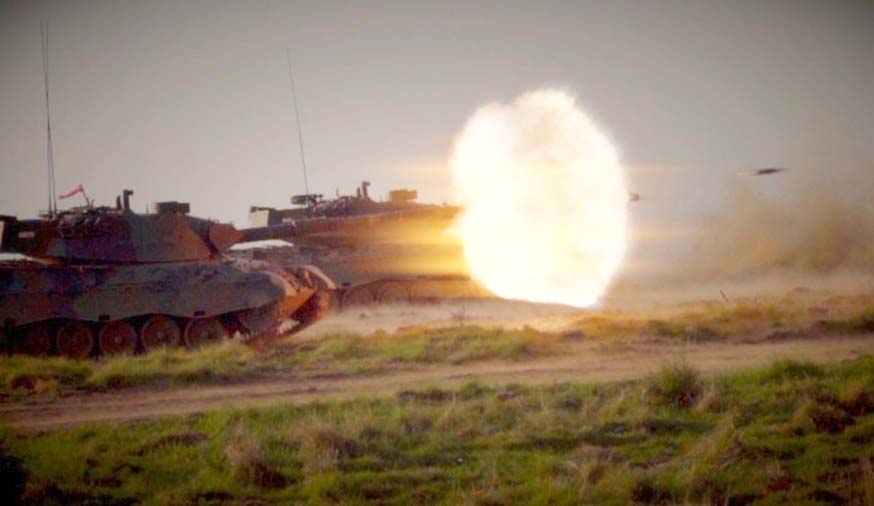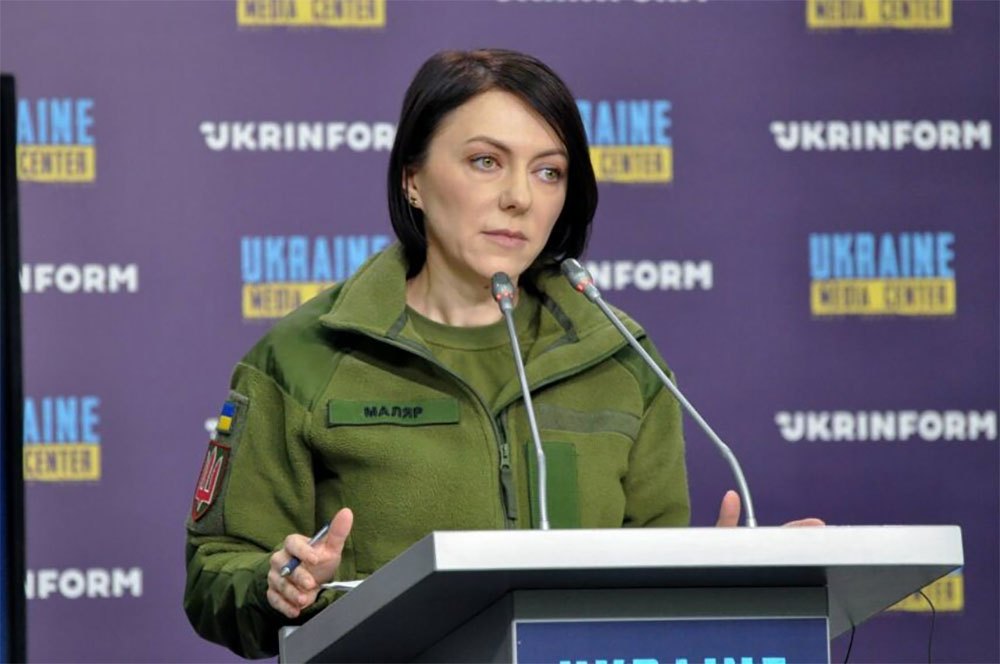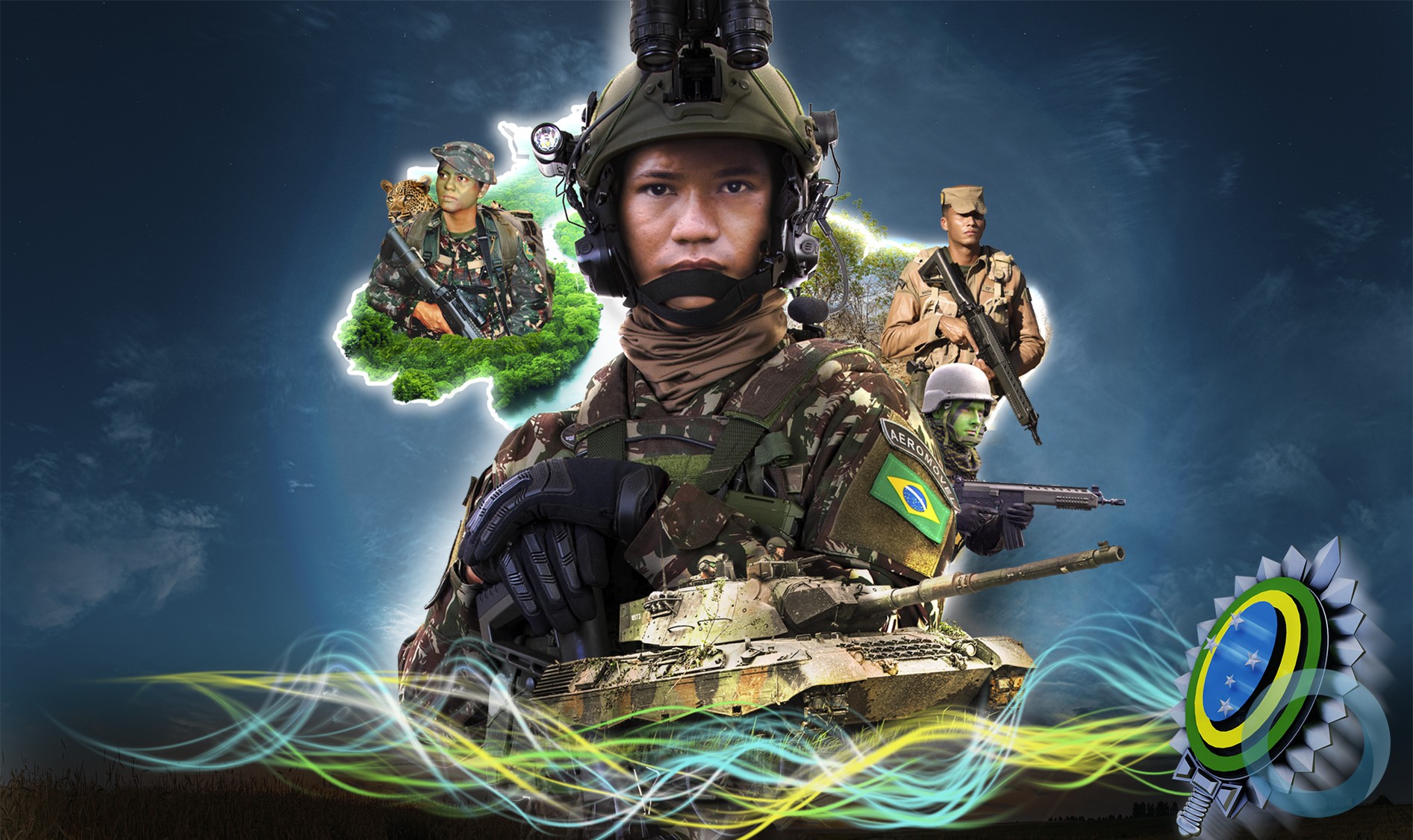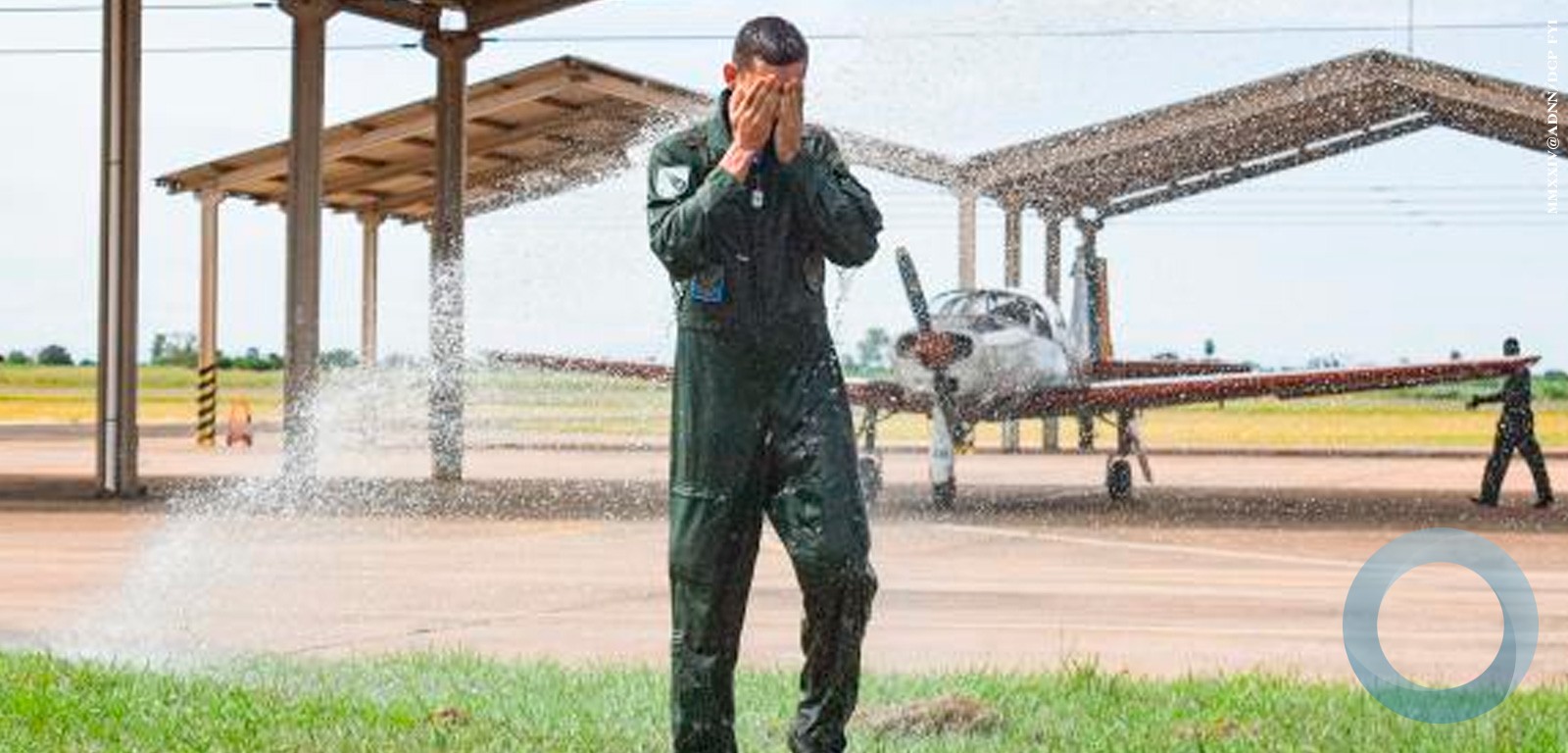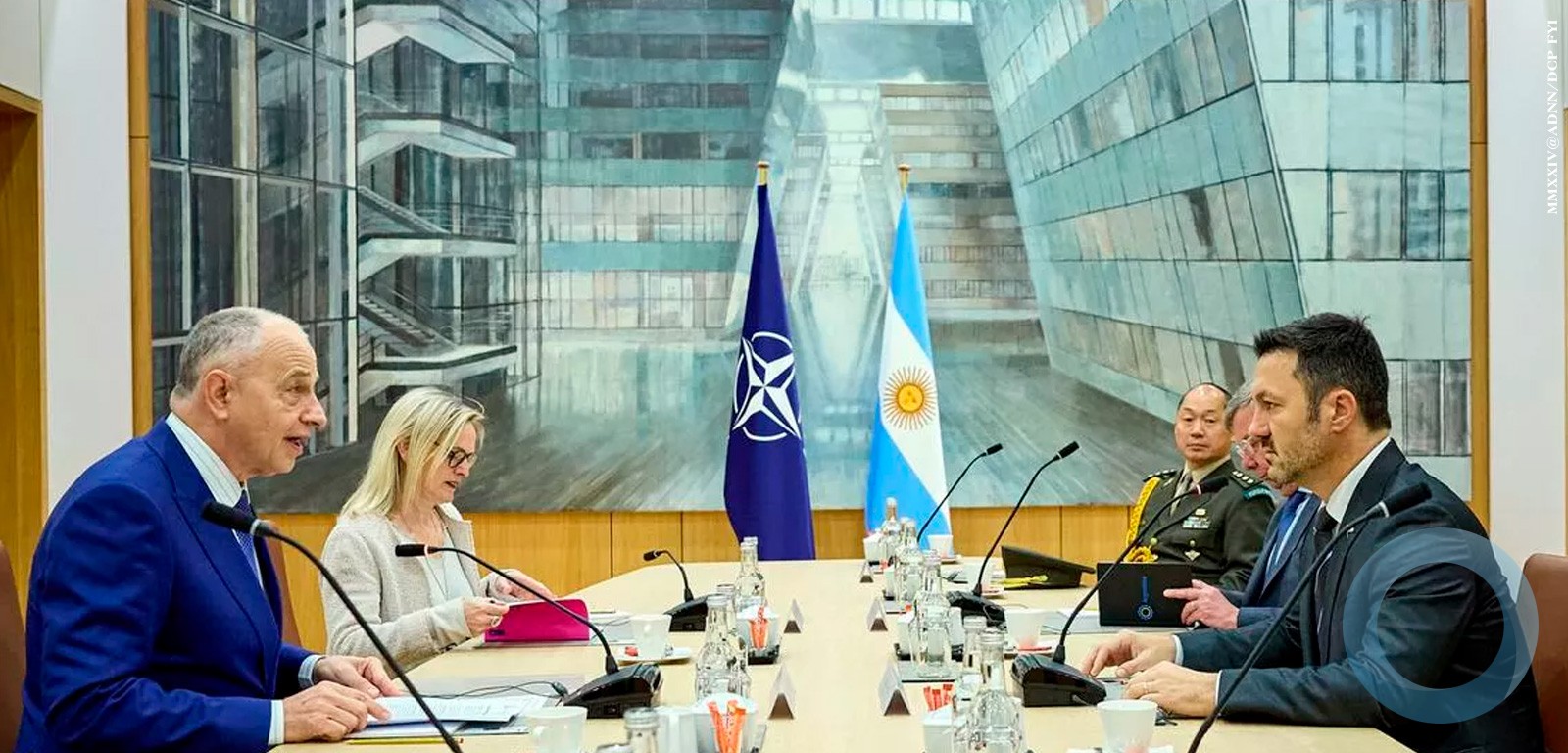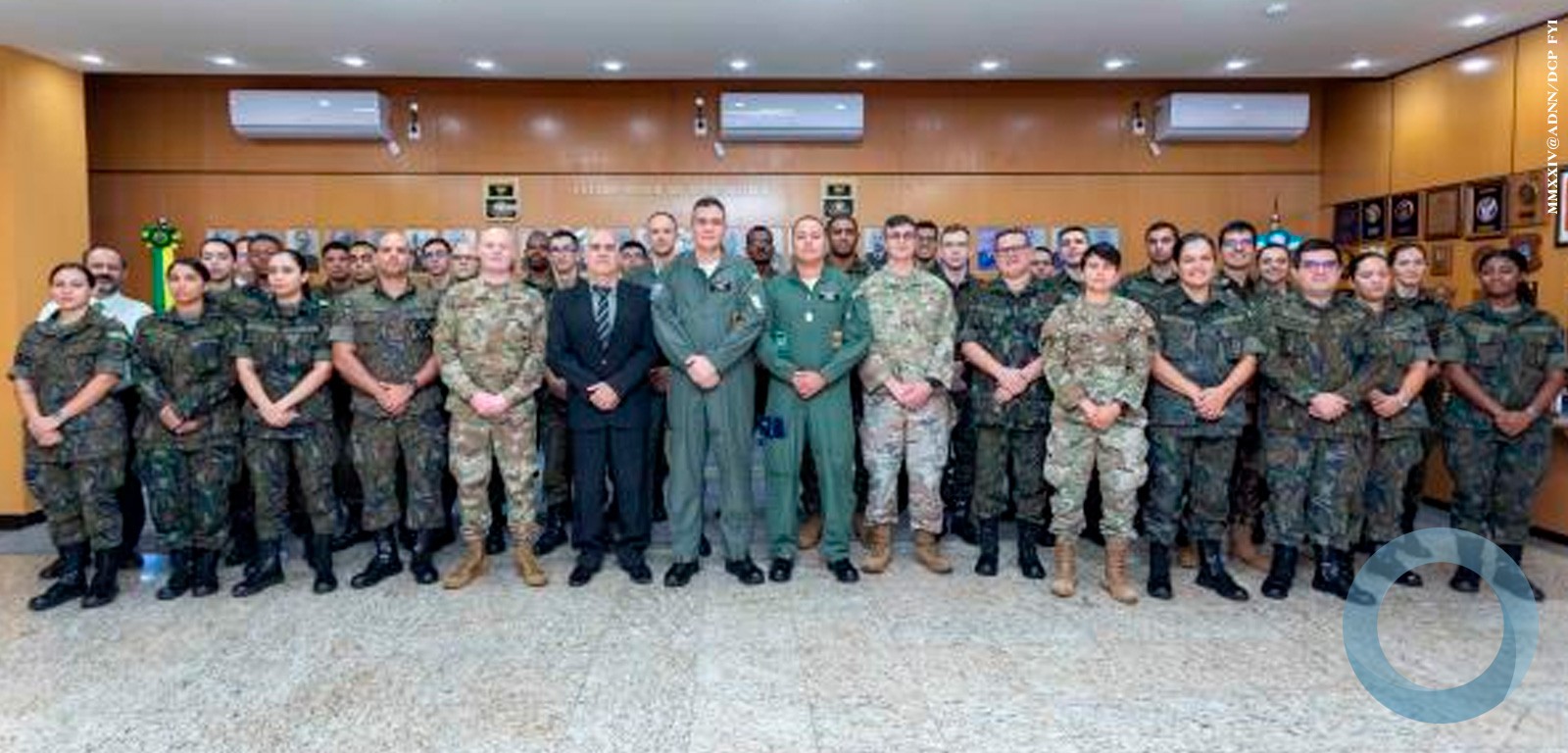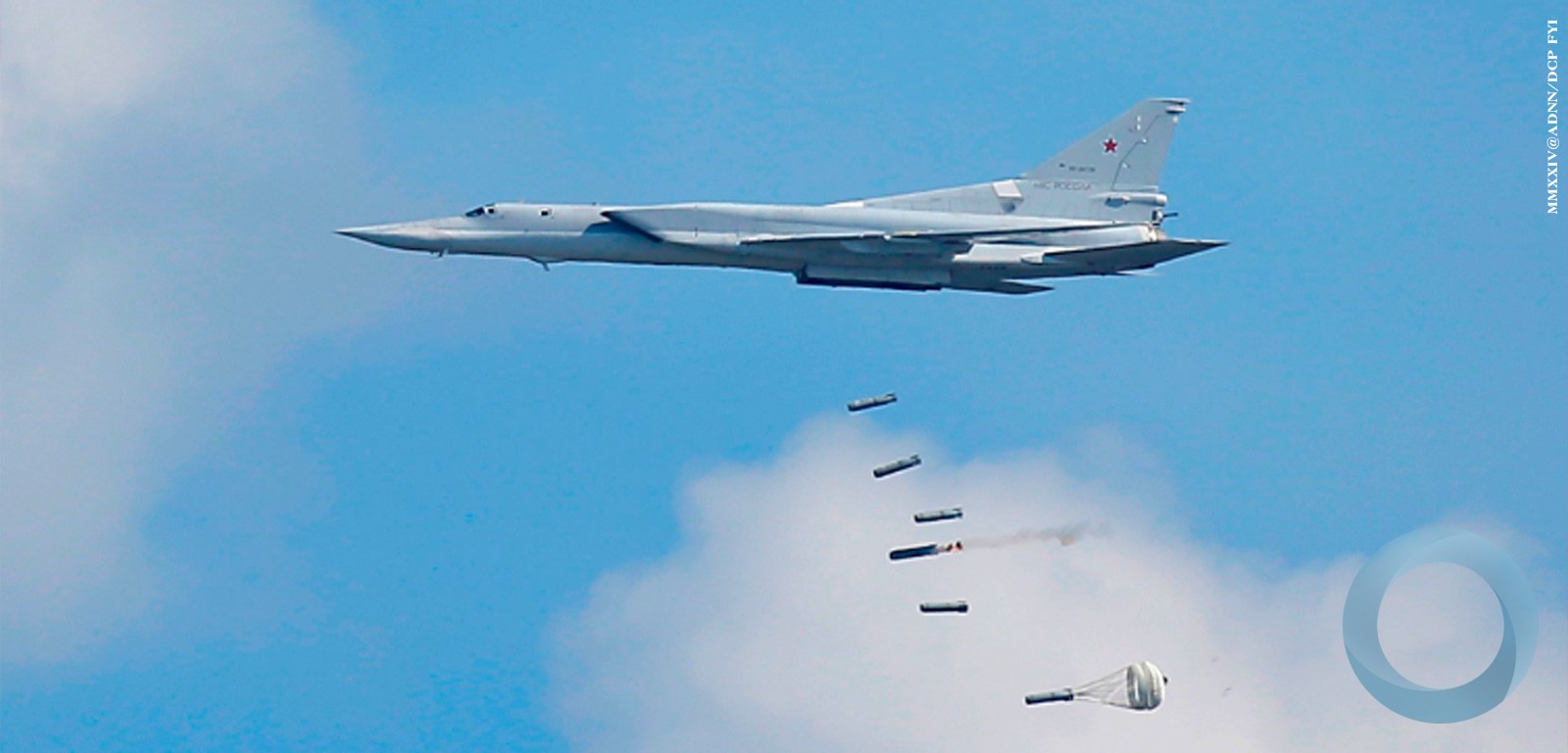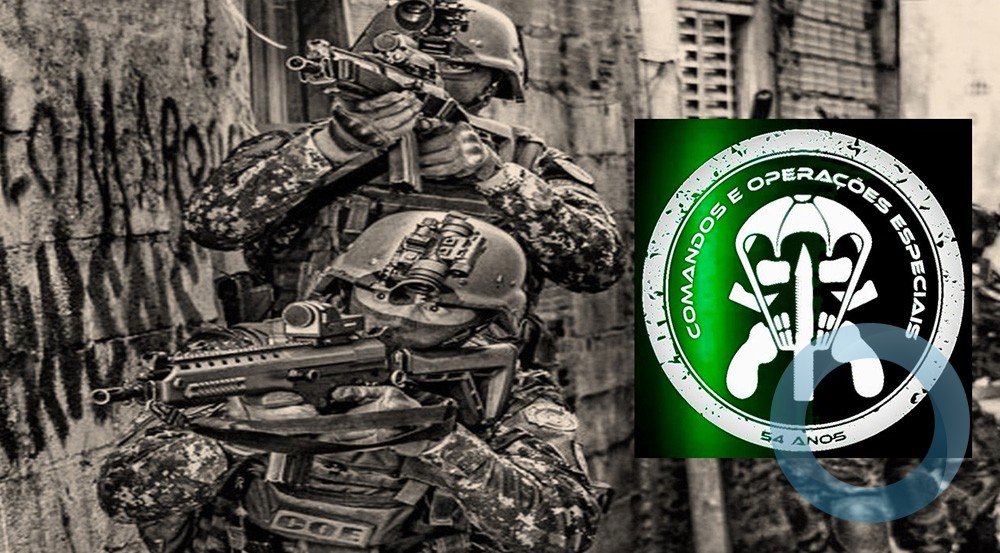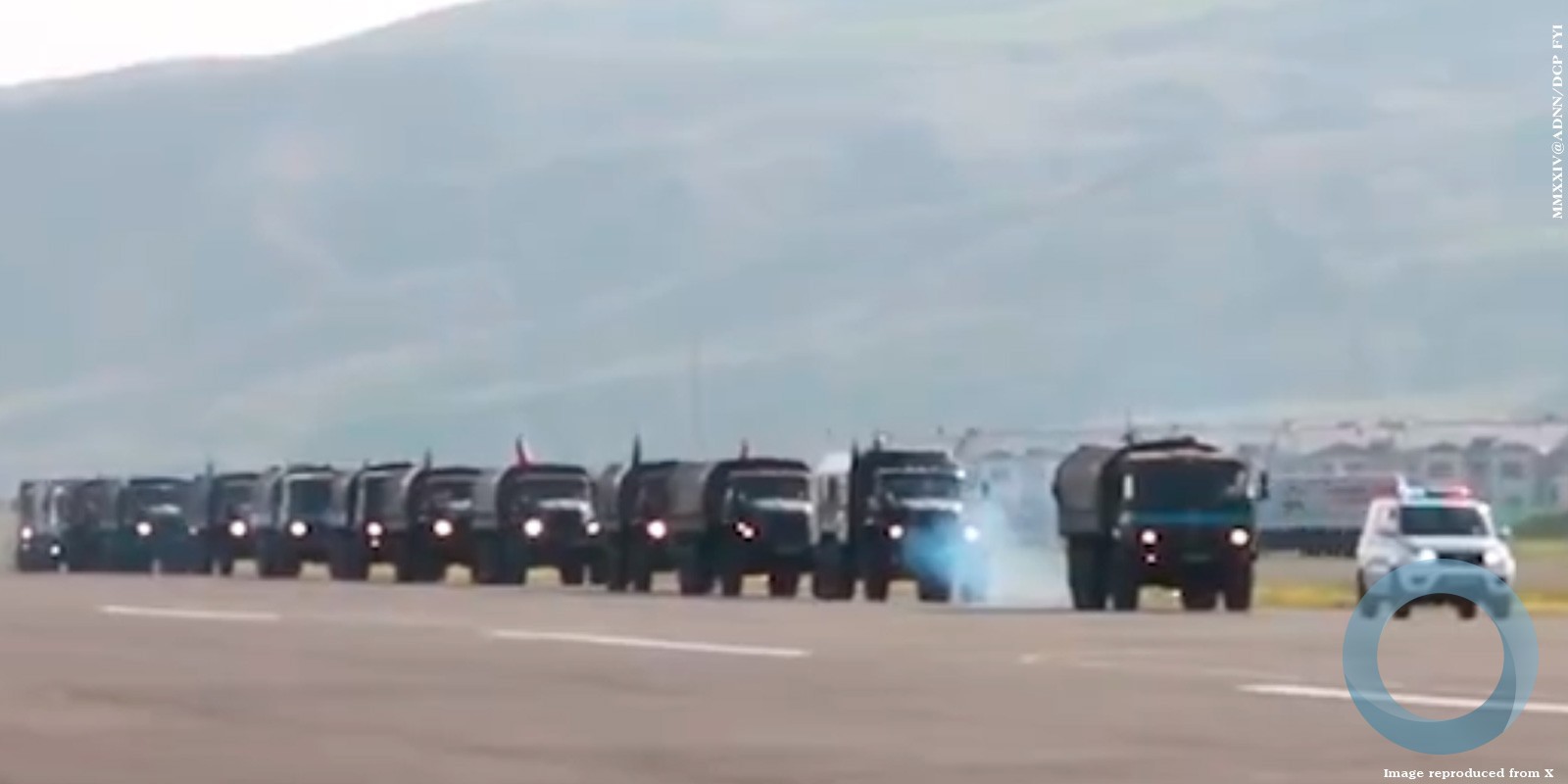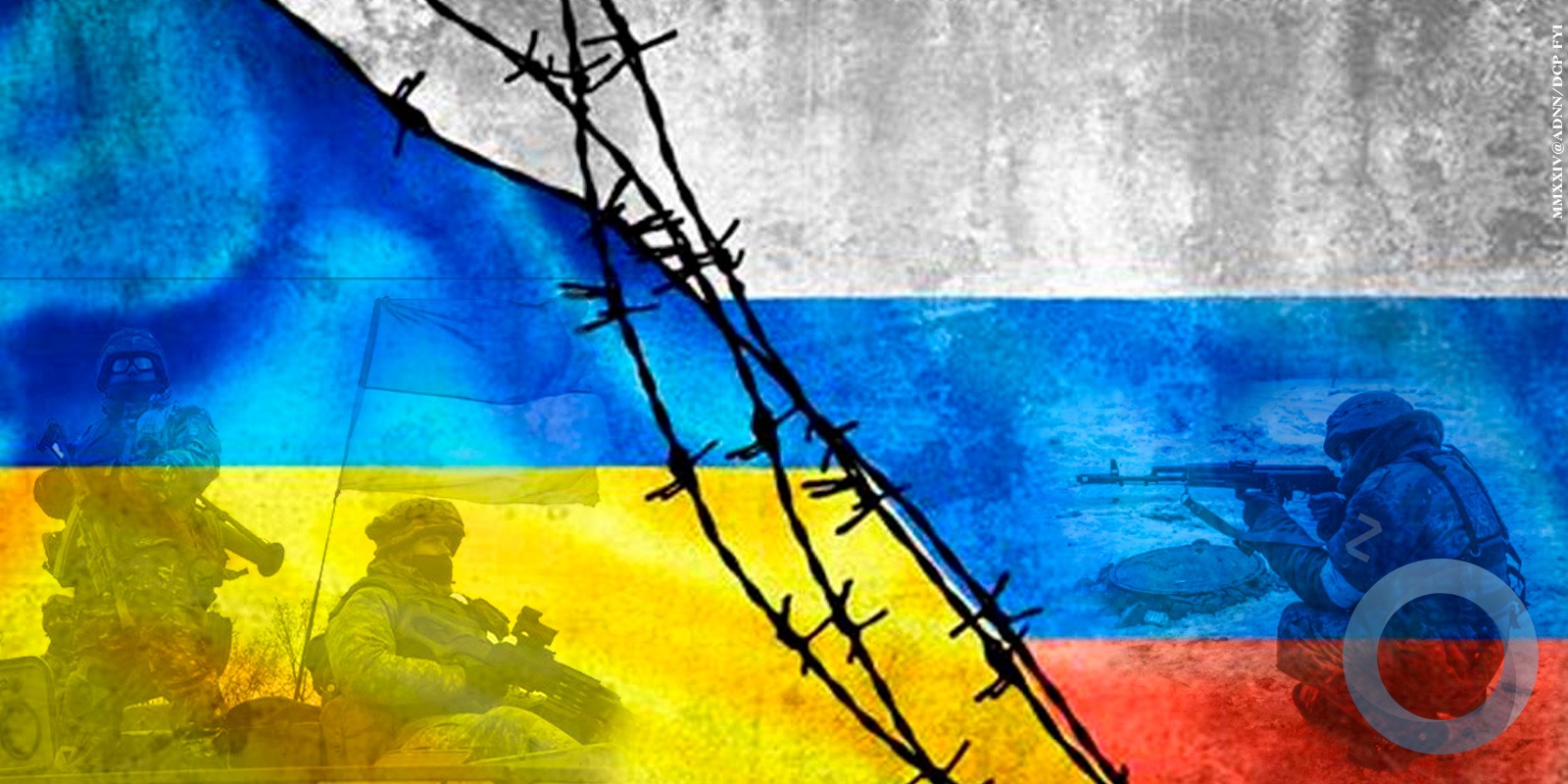Victory Day
The modern post-USSR Russian Federation is recognized as the successor of the Soviet Union. This refers primarily to Russia's taking over the USSR's rights and obligations under international treaties, except the Soviet debt which it substantially offloaded to the other republics.
Apparently, that recognition is not enough for Russia, which is retroactively taking on the mantle of empire and claiming for itself all the Soviet Union’s achievements, especially the victory over Nazi Germany in the latter stages of the Second World War, from 1941 when Russia was forced to switch sides until the bitter end in 1945. In so doing Russia is forgetting that the concepts of “Russia” and “Soviet Union” are not identical at all, because the Soviet Union was composed not only of Russia, but also sixteen other constituent republics (if we include the oft forgotten Finno-Karelian SSR).
Russian President Vladimir Putin announced in 2010 that Russia would have won the German-Soviet war without the help of other Soviet republics because «Russia is a country of winners». The human toll paid by Russia was less than 30% of the total Soviet lives lost, although Russia contributed more than that in its percentage of industrial output during that period, in part because the western republics of Belarus and Ukraine were fully occupied by the Germans.
The lack of logic in Putin’s words is obvious. After all, for any given country there is no direct connection between the number of military and civilian casualties in war, the military-industrial capacity, and the effectiveness of its fighting force. In particular, huge combat losses may reflect a careless use of soldiers' lives rather than a large contribution to victory.
Here is a simple and obvious example: China also suffered enormous losses in World War II, up to 20 million people, mostly at the hands of the Japanese, yet few people would claim that China made the decisive contribution to the victory over Japan. Everyone knows that the United States of America made the most crucial contribution, even if US casualties in the war against Japan were ten times smaller than China's.
The loss in human lives your own people endured in a war should be remembered and lamented as a tragedy, perhaps a necessary tragedy, but those losses shouldn't be a source of pride as such. After all, this is the terrible price of victory!
Each of the republics of the former USSR paid its price for the victory over German nazism and fascism. For example, in Ukraine, the territory of which was repeatedly swept by merciless whirlwinds during the war, up to 7 million people were mobilized, which amounted to 25% of total fighting force in the Red Army. Ukrainians made up a significant part of the Red Army's high command, including more than 300 generals and admirals. More than half of the Soviet fronts were led by marshals and generals of Ukrainian origin. More than 50 thousand Soviet guerrillas, numerous underground organizations, and armed groups of Ukrainian nationalists fought in the rear of German troops in Ukraine.
For the courage and bravery they showed in battle, residents of Ukraine received 2.5 of the 7 million medals and other honours awarded by the USSR. About 2100 Ukrainians were named Heroes of the Soviet Union, 32 were named heroes twice, and one, pilot Ivan Kozhedub, most effective first-class pilot of the anti-Hitler coalition, was named a hero three times.


Soviet World War II fighter ace, highest-scoring
fighter pilot Ivan Kozhedub
The total irrecoverable losses of servicemen from Ukraine amounted to an estimated 3 to 4 million. This includes those who were killed, died in captivity, went missing, or died in hospitals.
Among the surviving soldiers, every second one was disabled for life. Furthermore, from 4 to 5 million civilians died in the occupied zone. 714 cities and urban-type villages, as well as more than 28 thousand villages were destroyed, and 10 million people were left without housing. More than 250 concentration camps and forced labour camps were created in Ukraine. 2.4 million residents of Ukraine were taken to Germany to perform forced labour there. Ukraine lost more than 40% of its economic potential.
419 thousand industrial facilities were destroyed. All of this influenced industrial development, agriculture, and the material condition of the people for many decades thereafter.


Kyiv – City Hero since 8 May, 1965
Besides Ukrainians and Russians, people from Uzbekistan, Belarus, Kazakhstan, Georgia, Azerbaijan, and Armenia fought in the Red Army. More than 1.4 million people were mobilized to the Red Army from Uzbekistan, of whom more than 650,000 were killed or went missing. 120 thousand Uzbeks were awarded military awards and medals, and 338 became Heroes of the Soviet Union. More than 1.3 million people were mobilized from Belarus into the Red Army. 300 thousand Belarusians were awarded awards and medals. 441 Belarusians became Heros of the Soviet Union, and four received this honour twice. Belarus, which was under occupation for more than three years, lost about 3 million inhabitants. 209 out of 270 cities and regional centres, 9,200 villages, and more than 100 thousand industrial facilities were destroyed.
Up to 1.3 million people were mobilized into the Red Army from Kazakhstan. This is an extremely large number in view of the fact that it amounts to almost a quarter of the republic’s total population. Between 410 and 630 thousand of them were killed during the war. More than 500 natives of Kazakhstan were awarded the title of Hero of the Soviet Union, and among then were two who received the honour twice.
Georgia sent more than 700 thousand troops to the Red Army, of which more than 300 thousand died. 280 natives of Georgia were awarded military awards and medals, and 164 became Heroes of the Soviet Union, with one double nominee.
From Azerbaijan the Red Army mobilized from 600 to 700 thousand people, of whom every second (from 300 to 350 thousand) died. More than 400 thousand natives of Azerbaijan were awarded military awards and medals, 123 became Heroes of the Soviet Union, two received the honour twice.
Armenia sent more than 500 thousand people to the Red Army, of whom more than 200 thousand died. More than 70 thousand natives of Armenia were awarded military awards and medals, and 107 became Heroes of the Soviet Union.
It is also worth remembering that the allied victory in the war was strongly impacted by the efforts of the Western Allies, first of all the United States of America, and secondly Great Britain and its dominions and colonies, as well as by dozens of other countries around the world. After all, military operations against Nazi Germany were carried out in Europe, Africa, Asia, and in the waters of all the oceans. With regard to Great Britain, it should be noted that this country fought against Nazi Germany from the very beginning of World War II to the very end – from September 1939 until May 1945. That is much longer than the Soviet Union, which entered the war on September 17, 1939 as an ally of Nazi Germany in their joint invasion of Poland, and began to fight against Germany only after the Germans double-crossed the USSR in June 1941.


The German-Soviet joint parade on September 22, 1939 in Brest-Litovsk, Poland


German Lieutenant General Heinz Guderian and Soviet Brigadier General Semyon Krivoshein watch German units pass by during the joint German-Soviet joint parade.
https://4esnok.by/wp-content/uploads/2019/08/mifsovmestnyj_parad_v_breste-Mify-istorii-SSSR.mp4
Until June 1941, the USSR was a strategic ally of Germany, supporting Germany with large-scale supplies of grain, petroleum, nickel, manganese, chromium, phosphates, and more. It is also worth emphasizing that the Soviet Union directly supported the Nazis in their war against the British. This went on for a whole year after the defeat of France until the German attack on the USSR, i.e. from June 1940 to June 1941. Meanwhile the USSR attacked the Baltic states, which were aligned with the West. During this time Great Britain and the British Commonwealth stood alone against Hitler and his allies. This is was unlike the Soviet Union, which never independently opposed the military might of Germany.
Why then do Russian propagandists continue to promote the myth that the Soviet Union or "Russia" endured the “main burden of war” against Germany? What about Great Britain? From 1940 the British carried out strategic aerial bombardments of Germany and its allies. Starting in 1942 they were joined by the Americans. They made a huge contribution to undermining the economies of the Axis countries. Without massive air strikes against industrial facilities, the war could have dragged on much longer if not indefinitely. In one possible scenario Germany might have found the inclination, time, and other resources to develop nuclear weapons, while the United States of America might have needed to use its nuclear weapons in Europe.
It is also necessary to remember the help that the Soviet Union received from the Western allies under the Lend-Lease program. These deliveries were made through the Pacific Ocean, Iran, the Arctic, and the Black Sea, depending on the situation and the theatre of operations. During 1941-1945 the USSR received 22,150 aircraft, 12,700 tanks, 51,503 passenger off-road vehicles and all-terrain vehicles, 375,883 trucks, 35,170 motorcycles, 8218 AA guns, 131,633 units of automatic weapons,12,997 pistols, 345,735 tons of explosives, 2.67 million tons of oil products, 331,066 litres of spirit, and food and medicine in huge quantities.
|
|
|
Lend Lease Convoys
The importance of the Lend-Lease activities is illustrated by the following fact. During the war years, the Soviet Union lost more tanks and self-propelled guns than Soviet industry produced: 96,500 versus 95,252. Under such circumstances, without Lend-Lease assistance, the situation with armoured vehicles would have been catastrophic.
In total, the Soviet Union received $11.3 billion in aid (more than 163 billion in current US dollars) from the United States, and the USSR paid back only 0.4% of that (including inflation). But there was also help from Great Britain!
What conclusion can be drawn from this?
Most likely the USSR would have remained a Nazi ally if Hitler had not double-crossed Stalin. Even more certainly, Russia would not have won the war without the help of the other republics of the former Soviet Union (most significantly Ukraine), and the USSR as a whole would not have won the war without the help of other members of the Allied coalition.
Today's generations must respect equally the contribution of each country to the victory over Nazism and fascism. Furthermore it is vital to remember what a terrible price humankind paid for the resulting peace. If we remember this, no one will dream of repeating such a horror. On the contrary, every effort will be made to observe the admonition “never again”!











